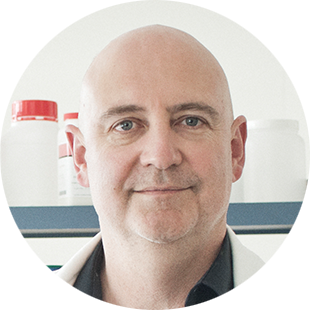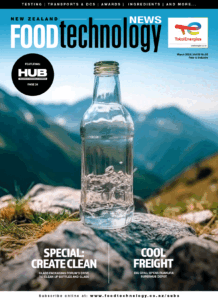
 By Professor Richard Newcomb, Chief Scientist at Plant & Food Research
By Professor Richard Newcomb, Chief Scientist at Plant & Food Research
Aotearoa New Zealand has a large ocean space, many times larger than our land. This makes seafood an important area of research for our future. It’s not only about protecting what we have, but also innovating new opportunities to sustainably enhance value.
One area of potential is open ocean aquaculture, an area of significant commitment by Plant & Food Research and our collaborators. Our goal is to be a world leader in innovating sustainable aquaculture production systems for the open ocean. As part of this, we are exploring the potential around mobile aquaculture systems for finfish.
Developing new technologies and production systems for open ocean aquaculture will help maintain wild fish stocks while producing more food. At the same time we’ll be employing state-of-the-art harvest and processing technologies to extend the shelf life of the fish, maximising quality and value whilst reducing food waste.
Another way we can sustainably add value to our seafood industries is by developing new ways to fully utilise the raw materials. Traditionally, the industry has focussed on a single product, like the fish fillet, using the by-products for lower value streams like fish meal. We are now creating new technologies to extract a range of high value molecules, helping to maximise the value of the whole fish.
Dr Susan Marshall and her team at Plant & Food Research work with the seafood industry to create new products from fish and shellfish, using novel extraction methods and processing technologies. They have helped create new high value products in the growing pet, cosmetic and nutraceutical markets.
A great example of a novel product made from fully utilising fish is a dissolvable cosmetic collagen patch made from hoki skin. A process developed by scientists at Plant & Food Research enabled collagen to be extracted from hoki skin for electrospinning. The resulting collagen fibre is 500 times thinner than human hair and can be made into high-value collagen beauty products that are instantly absorbed into human skin.
Developing new technologies and products that utilise the whole fish will not only help future-proof wild fish stocks but will also add value to aquaculture by creating jobs, new exports and potential licencing of IP-protected products. It’s all part of making a smart green future for Aotearoa New Zealand.
Professor Richard Newcomb is Chief Scientist at Plant & Food Research overseeing all aspects of science quality, strategic science, capability development and collaboration across the institute. He is also an Honorary Professor of Evolutionary Biology at the University of Auckland.

































































































